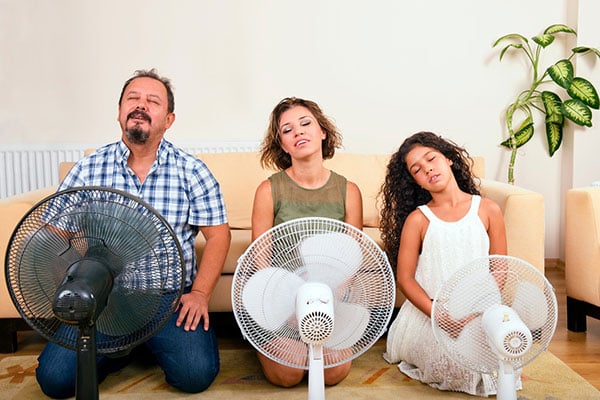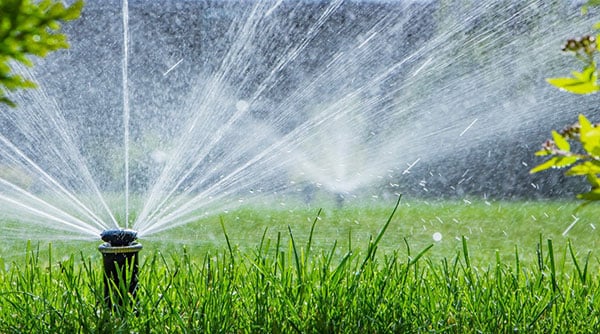With 77 percent of Americans going online on a daily basis, being without WiFi can send people into an instant panic. Free WiFi is quickly becoming a consumer expectation when it comes to places like coffee shops and hotels. As people spend more times on their smartphones, community associations must take a closer look at how to handle WiFi when it comes to association members and their benefits.
Understanding WiFi
Understanding how WiFi works is important in knowing how to regulate it within a community association. WiFi uses a router that allows other devices to connect to the internet. Many public places are "hot spots," that allow patrons to use their WiFi for free while they shop or dine. Community associations often offer hot spots in common areas and some require a password for logging onto the network.
Security Issues
Hot spots present security issues due to the fact that anyone using the WiFi—with the right skills—can access the files on devices of others using the same network. Using free WiFi in a public setting is risk people take to stay connected to their work, family, friends, and their social media accounts. They also use WiFi to check their bank balance and credit card accounts, exposing themselves to possible hacking.
Security issues are one reason state laws exist when it comes to WiFi regulations. Before setting anything in writing, a community association board should seek the advice of an attorney familiar with their particular state's laws.
5 Tips for Keeping Your Community Safe
1. Require a password.
According to a 2018 online survey by the Harris Poll, nearly 15 million consumers experienced identity theft in 2017. HOAs can help to protect WiFi users by requiring a password—and by changing the password frequently. The only place password information should be posted is the members only section of the website.
2. Encourage members to use the free WiFi with caution.
Provide friendly reminders in the members only section of the website regarding matters of WiFi safety. Discourage members from using the WiFi to conduct financial business.
3. Educate members about the sharing options on their devices.
Most electronic devices have an option for disabling any sharing yet a majority of people don't know how to find it or disable it. Including a quick tip in the member's only section of the website as a way of educating and reminding members about this important safety tip.
4. HTTPS=Secure
Another important safety tip is to look for "HTTPS" in the URL of websites. Remind residents to look for this as it implies a site is safe. A URL of "HTTP"—without the s—is not a secure site.
5. Invest in Antivirus and Antimalware Programs
This is something that a skilled IT person will know how to install. These particular types of programs require frequent updates so be sure that someone keeps track of software renewals and payments.
HOAs and WiFi
While WiFi dependency and expectations continue to grow, it is nowhere close to becoming a package deal for associations. Security reasons alone, along with state laws governing WiFi regulations, make this a slippery slope for HOAs. Associations have enough on their plates by encouraging responsible use of free WiFi in common areas. Offering members a community-wide WiFi plan opens the door to potential cases of identity theft and hacking. And, believe it or not, there are people who do not use WiFi and those are the ones who will challenge any WiFi fees included in an assessment package. Factor in concrete walls that block WiFi signals and the challenge becomes an even larger problem.
HOA boards must recognize that the issue of WiFi as part of a basic assessment package is becoming more of a possibility. Boards must also approach the topic cautiously as no other part of an assessment package presents the invasive dangers to members personal information as WiFi.





